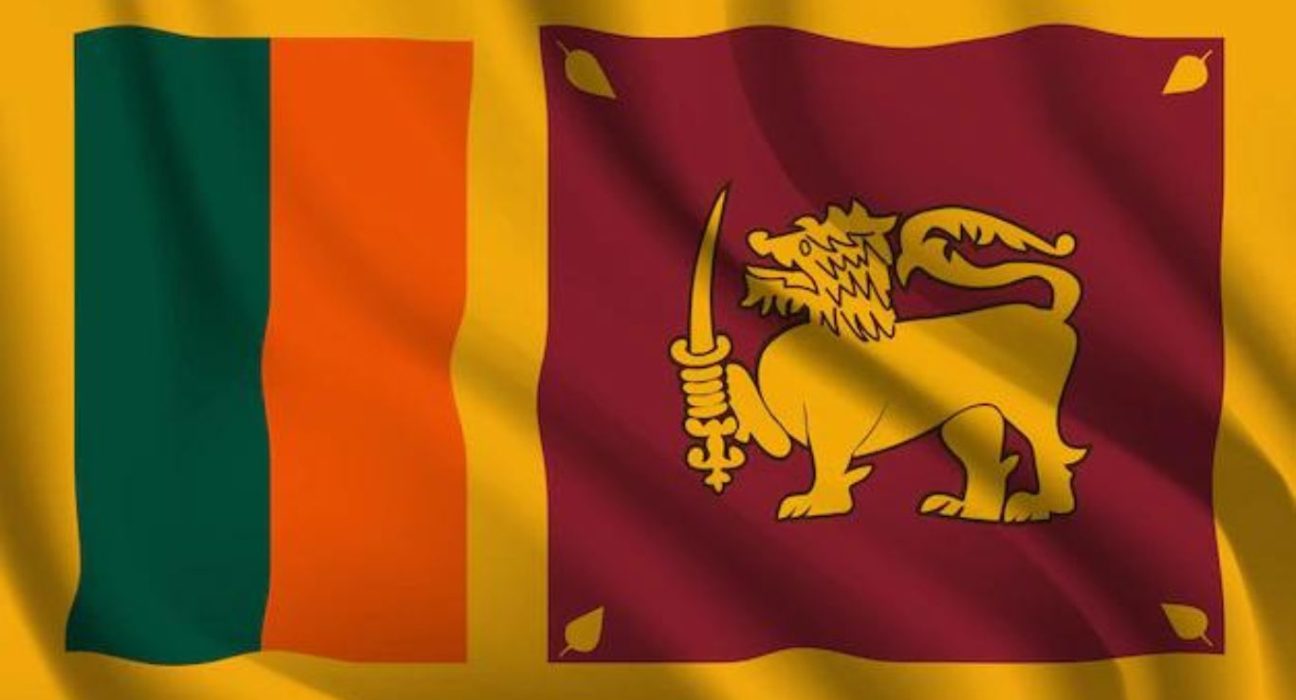Sri Lanka’s central bank has announced that it will relax its currency band from next week in a move towards a market-determined exchange rate. The decision comes as Sri Lanka seeks to secure a $2.9 billion bailout from the International Monetary Fund (IMF) to help tackle its worst financial crisis since independence from Britain in 1948.
The country has been facing a severe economic downturn due to the COVID-19 pandemic and a declining tourism industry. The Sri Lankan rupee has been under pressure due to the country’s high level of debt and a lack of foreign investment.
The relaxation of the currency band will allow the Sri Lankan rupee to float more freely against other currencies, allowing market forces to determine its value. This move is expected to help attract foreign investment and improve Sri Lanka’s economic outlook.
Sri Lanka raises interest rates to tackle inflation
Along with the relaxation of the currency band, Sri Lanka’s central bank has also raised interest rates by 100 basis points to tackle inflation, which is currently running at 50%. The move is aimed at curbing inflationary pressures and stabilizing the economy.
The high inflation rate has been a major concern for the Sri Lankan government, as it has led to higher prices for essential goods and services, hitting the most vulnerable sections of society. The central bank’s decision to raise interest rates is expected to help bring down inflation to more manageable levels.
The Sri Lankan government has also implemented several other measures to address the economic crisis, including cutting government spending and increasing tax revenue. These measures are aimed at reducing the country’s budget deficit and stabilizing its debt-to-GDP ratio.
Conclusion
The relaxation of the currency band and the increase in interest rates are significant steps towards stabilizing Sri Lanka’s economy and attracting foreign investment. The measures are part of the country’s efforts to secure a $2.9 billion bailout from the IMF, which would provide much-needed financial support.
As the country continues to battle the effects of the pandemic and the economic downturn, it is crucial that the Sri Lankan government takes proactive measures to address the challenges it faces. By implementing sound economic policies and attracting foreign investment, Sri Lanka can move towards a more stable and prosperous future.










